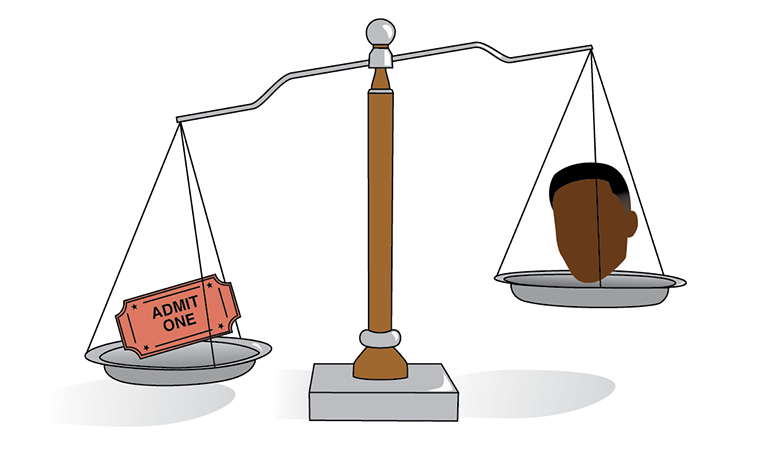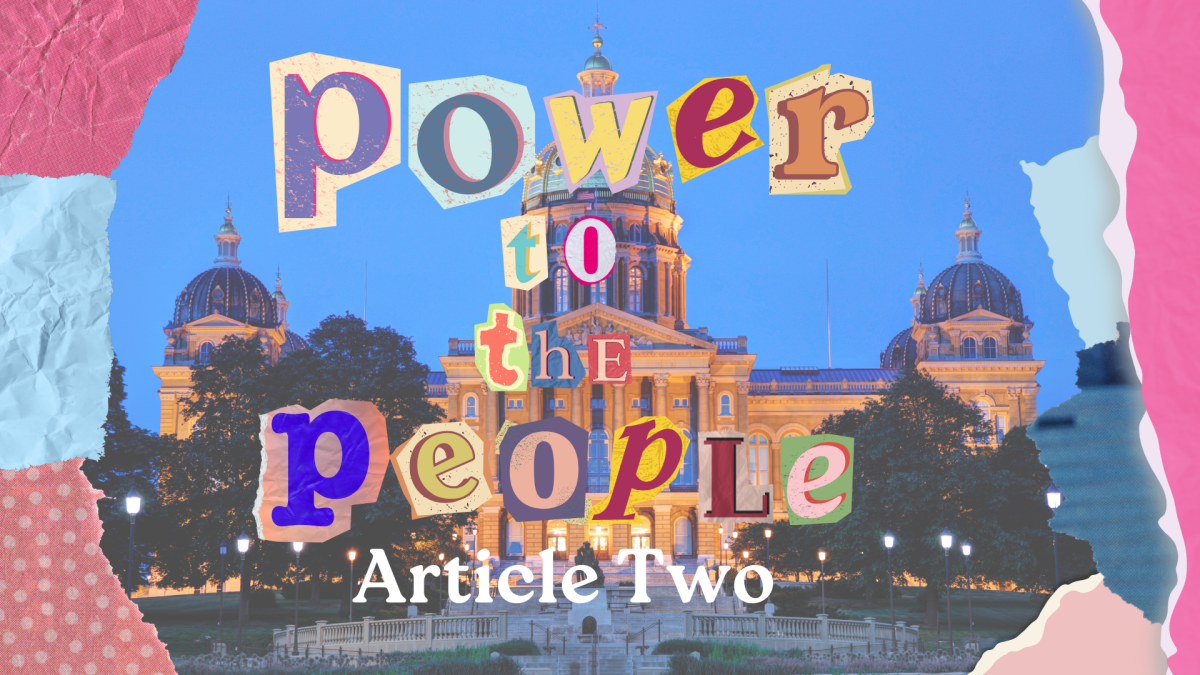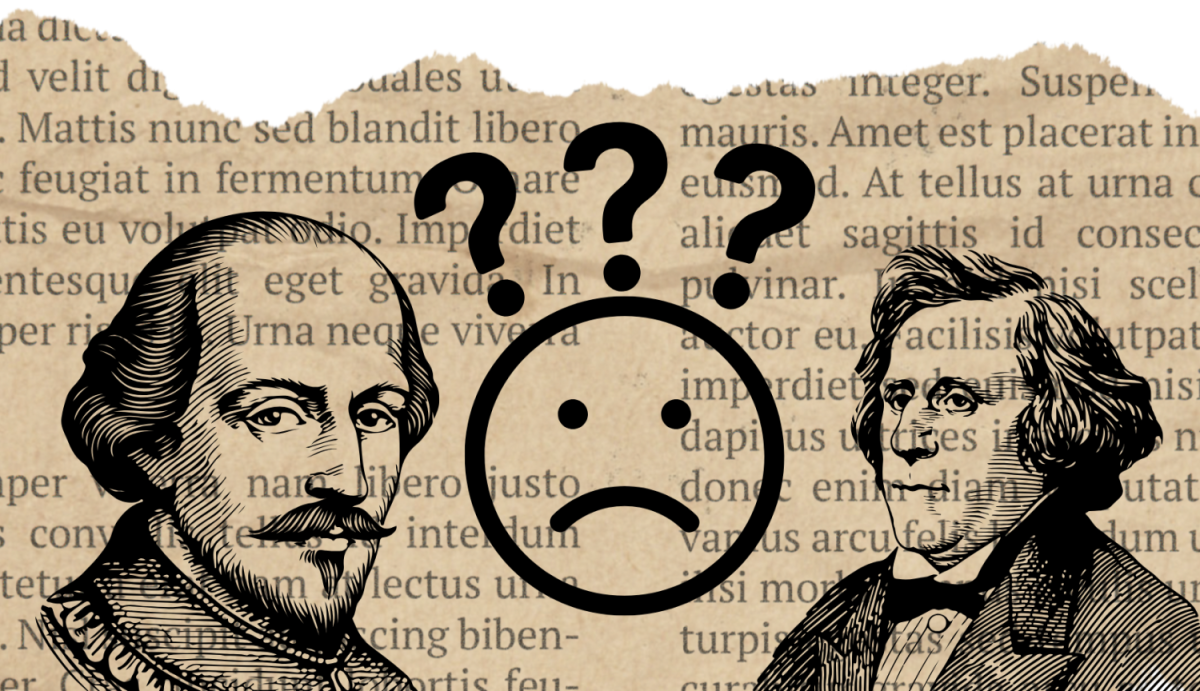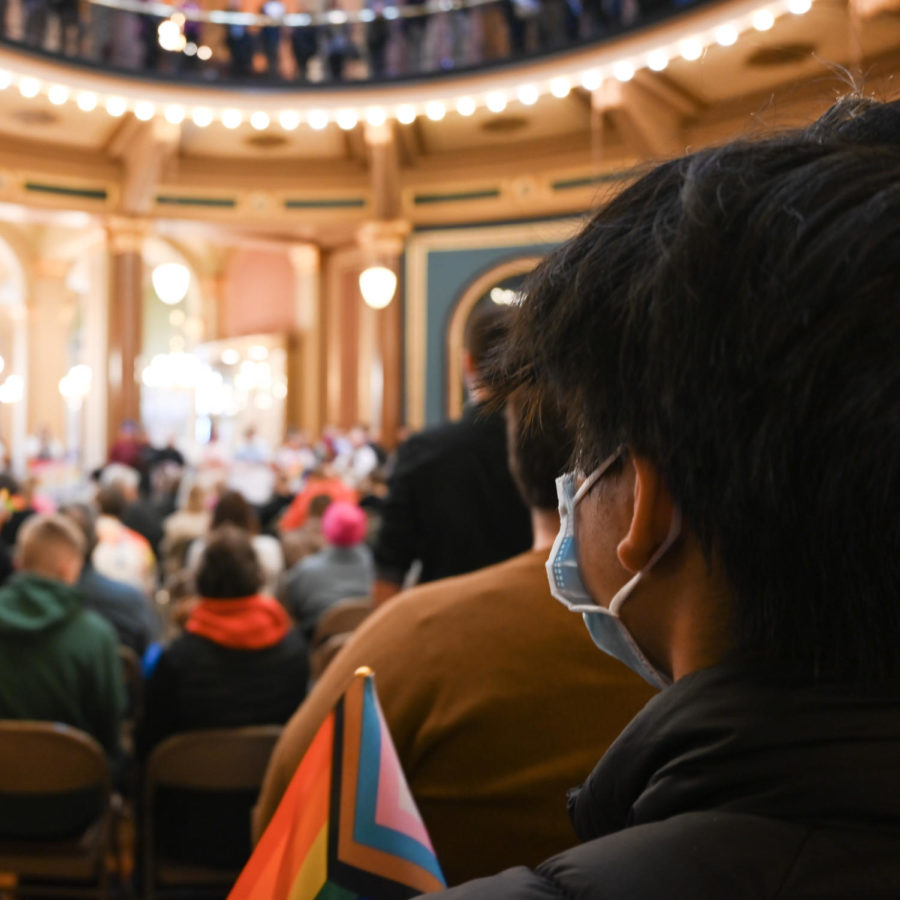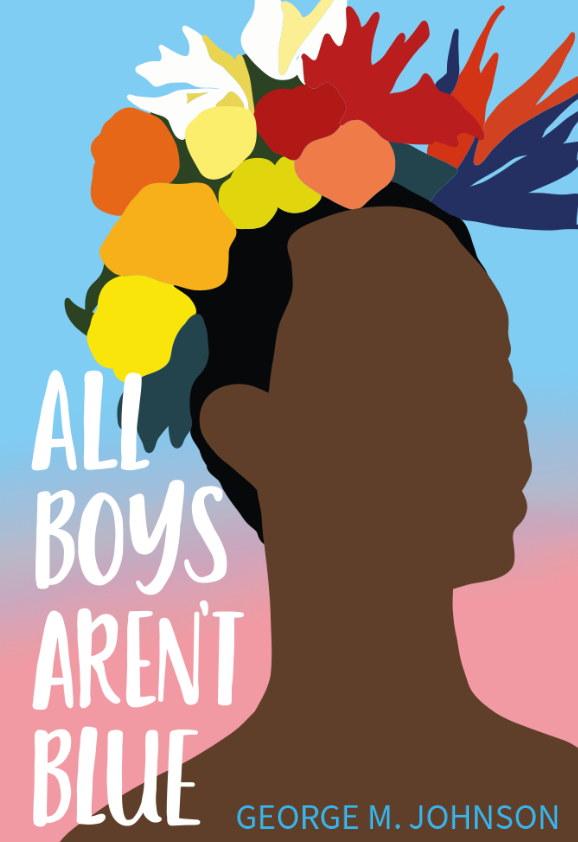Having followed Nate Parker’s film “The Birth of a Nation” since I first heard of its acclaim at the 2016 Sundance Film Festival, I was taken aback when I went on the Internet and saw articles upon articles of an event from Parker’s past. In 1999, Parker, then a student of Penn State University, was accused of raping a fellow female student, along with Jean McGianni Celestin (who also has a story credit on “Birth of a Nation”). Parker was acquitted, but Celestin was convicted, although he later went free on an appeal. Their alleged victim, who has so far gone unnamed in the media, unfortunately committed suicide in 2012.
Going into the theater to see “Birth of a Nation”, the story of Nat Turner’s 1831 slave rebellion, it was impossible not to have all that in the back of my mind. If Parker was only just director or only the main actor, perhaps this would not be as heavily covered. But Parker is the director, producer, writer and star. “Birth of a Nation” is his passion project through and through. I struggled, wondering if watching the film meant I was supporting a man that possibly sexually assaulted someone.
Well, I paid for it and I saw it. And I’m split. As a person with great respect for film and film criticism, I feel it is my duty to provide the student body with reviews of all the films I can possibly see. But as a young woman, I do feel some shred of guilt for indirectly supporting the efforts of a man who possibly violated a young woman on his college campus. This young woman was probably around the same age as one of my sisters, both of whom are attending college and face that danger everyday. Every woman on a college campus faces that fear and to maybe have indulged the man who preyed on that fear puts a bad feeling in the pit of my stomach.
As for the film itself, it is good, admittedly worth seeing in a theater, but not without story beats that make it problematic. Near the midpoint of the film, Turner’s wife Cherry is sexually assaulted. We don’t see the act but her injuries heavily imply it. Since it is not confirmed that Nat Turner was even married, this rape is made up to give a reason for Turner’s rebellion. Not even 30 minutes after this event, another female slave named Esther is assaulted. This is made up as well. This event is also made to be another turning point toward rebellion.
That’s probably Parker’s biggest mistake, making Turner out to be a hero who avenges rape when in real life he possibly committed it. The characters of Cherry and Esther are sidelined after their trauma. Cherry is mainly seen recovering in her sickbed, and Turner’s scenes with her are more about how he is coping with what she’s been through. Esther has two scenes in the whole movie and no lines. After her assault, she is never seen or brought up ever again.
Gabrielle Union, the actress who plays Esther, was sexually assaulted herself in 1992 at age 19. Union has been the only actor from the film to speak out about the allegations against Parker. Union was not aware of Parker’s past when she signed onto the film. She herself said she could not take the allegations against Parker lightly but (like myself) she believed the film was important and ground-breaking.
People still watch Woody Allen’s movie and he was accused of inappropriately touching his own daughter. Not to mention Roman Polanski, who is in a permanent fugitive status for molesting a 13-year-old girl when he was 43.
Ultimately, while I can respect Parker for making a film I enjoyed, a film that he put his heart and soul into, I cannot respect him for what he might have done in 1999. Parker has not reacted in a way that I agree with. In interviews about the subject, he contradicts himself. He admits that now that he is older and has become a father to daughters, he had done something morally wrong on that night, yet he also says that he has nothing to apologize for.
Having read the transcripts and a timeline of the trial and the events before the young woman’s assault, I honestly cannot say for sure whether Parker is guilty or not. If he isn’t, I hope he is able to move past the controversy and have people look at his film for its own merits. If he is, I hope that he is or was able to find a way to realize that what he did was wrong, and I hope he doesn’t raise his daughters with the idea that a man touching them without their consent is okay.

